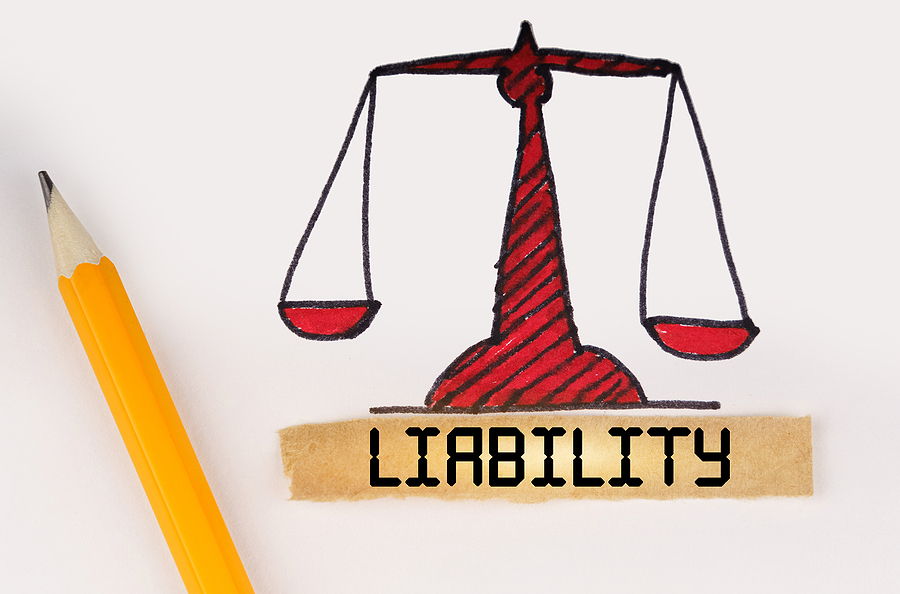When you’ve been injured in an accident, it can be difficult to understand the legal process and your rights. One of the most important aspects of a personal injury lawsuit is establishing liability for the injuries sustained. In order to successfully pursue a claim for damages, it is necessary to prove that another party was negligent or otherwise responsible for causing your harm. A qualified personal injury attorney will help evaluate who may be liable and what evidence must be presented in court to win your case. Establishing liability is critical when seeking compensation for medical bills, lost wages, pain and suffering, and other losses related to your injuries.
Continue reading to learn more about how negligence plays a role in determining liability in personal injury cases.

The 4 Elements of a Personal Injury Case
When someone is the victim of an accident that was caused by another’s negligence, and as a result has suffered physical injuries, they may be able to file a personal injury lawsuit. In such cases, liability must be proven for the injured party to receive compensation. Liability in a personal injury case means that one party is legally responsible for causing the accident and any resulting damages or losses. Negligence is a legal concept that applies when someone fails to use reasonable care in their actions and causes foreseeable harm to another person. Negligence can take many forms, such as drunk driving or failing to maintain a safe premises.
To prove negligence, the following 4 elements must be established:
❶ Duty of care: The defendant had an obligation to act with reasonable care towards the plaintiff.
❷ Breach of duty: The defendant failed to meet their duty of care.
❸ Causation: The breach of duty caused harm to the plaintiff.
❹ Damages: The plaintiff suffered physical, emotional, or financial damages due to the breach of duty.
If all four elements are present, then the defendant may be found liable for the plaintiff’s injuries. It is important to understand that negligence is a legal concept and can only be determined by courts or a jury in a personal injury lawsuit. If liability is established, then it may be possible to seek compensation from the negligent party and their liability insurance carrier.
Speak to an Accident Lawyer Soon
In conclusion, establishing liability for a personal injury claim requires proving negligence on behalf of another party. To do so, you must demonstrate that they had a duty of care towards you, failed to fulfill that duty of care, caused harm because of their act or failure to act reasonably, and you suffered damages due to their breach of duty. Speak with an experienced attorney about your case if you have been injured in an accident as you will need assistance navigating the legal process.
Do I Need a Personal Injury Attorney?
If you’ve been involved in an accident that resulted in injuries, you may be wondering if you need a personal injury attorney. The answer is yes, even if it is just to talk to an attorney initially after the injury causing incident. They can guide you through the process and help you understand the legalities involved. Ultimately, having a personal injury attorney on your side can make all the difference in the outcome of your case.
Would you like to learn more about filing a personal injury claim for compensation in Indiana? Contact the Law Office of Craven, Hoover, and Blazek P.C. at 317-881-2700 to schedule a free initial consultation with a proficient personal injury lawyer in Indianapolis. We represent victims all throughout the state of Indiana, including Indiana residents injured in other states, and residents of other states injured in Indiana.
Related Posts:
Are Schools Liable for Playground Injuries to Children?
Understanding Who is Liable in a Pedestrian Accident Case
Facts About Secondary Liability and Indirect Infringement
